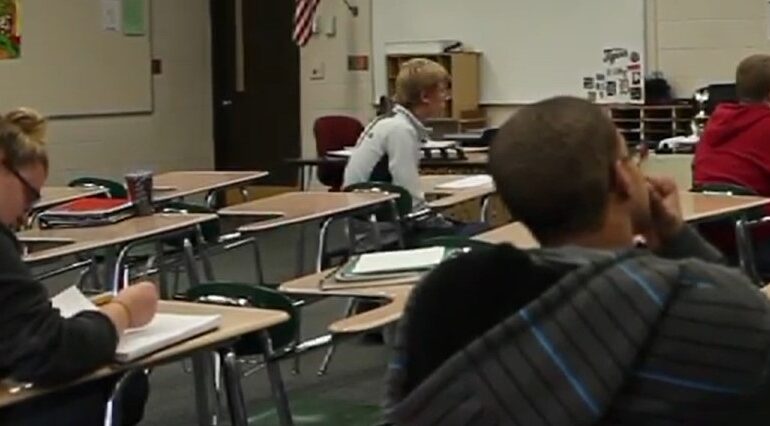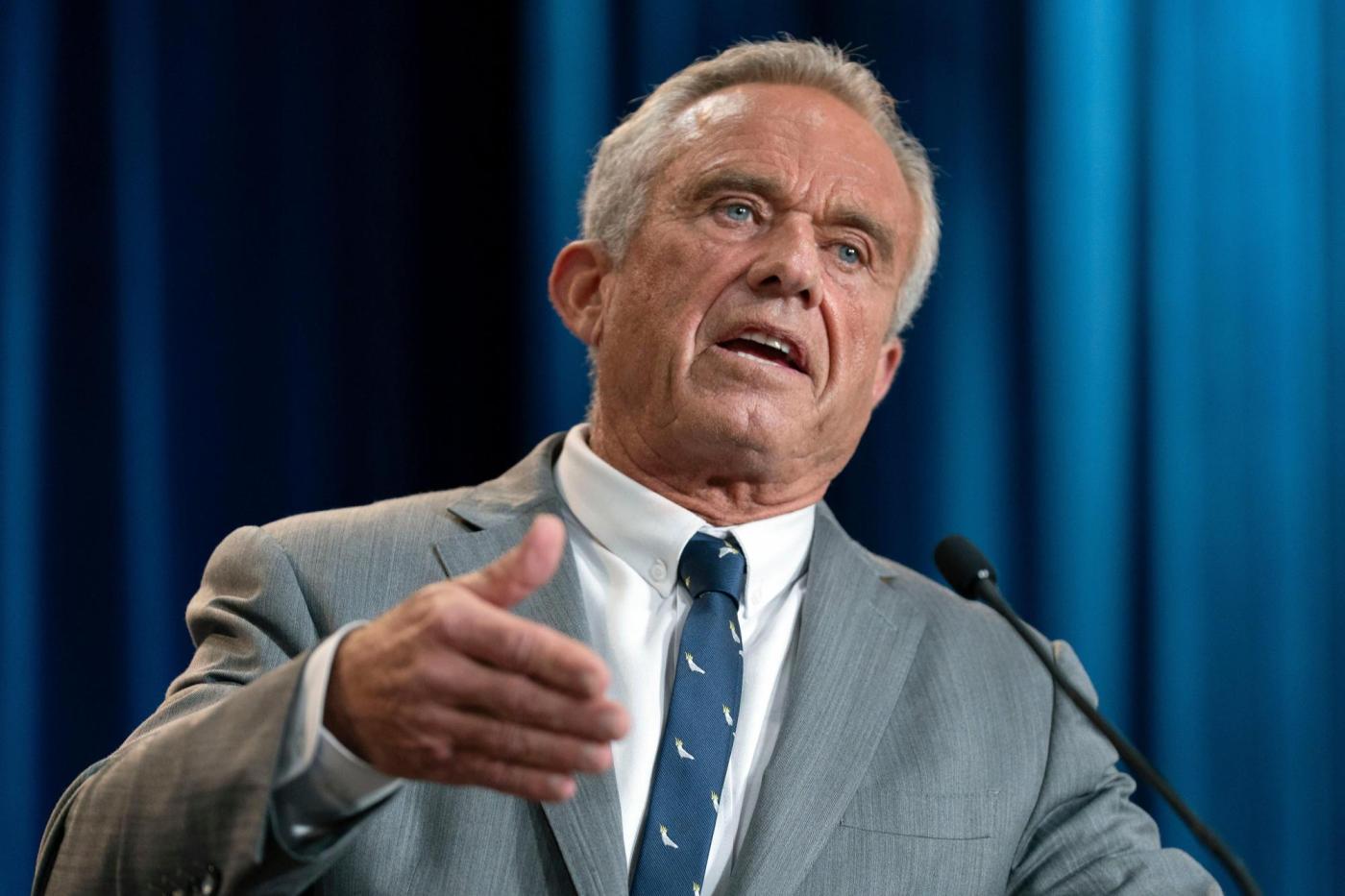Teachers Face Crisis as Schools Struggle with New Policies

Back-to-school season has turned chaotic in many districts across the United States, raising concerns about the state of education. Recently, a middle school teacher in Virginia’s Alexandria County Public Schools faced backlash for distributing a back-to-school survey that allegedly facilitates social transitions for students without parental consent. Concurrently, the Department of Education has initiated an investigation into Burlington, Massachusetts Public Schools for purportedly violating parental rights by administering a survey without informing parents. These issues highlight a growing crisis that not only affects students but also good teachers who find themselves caught in a system increasingly detached from educational integrity.
The term “good teachers” refers to those who enter the profession with the genuine desire to impart knowledge and uphold educational standards, rather than to promote ideological agendas. Many of these educators are experiencing profound disillusionment as they navigate a system that seems to prioritize compliance over genuine teaching. A recent documentary by IW Features underscores this discontent, featuring former Michigan teacher Michelle Mangiapane, who left public schools for the private sector due to her frustrations with educational policies.
Mangiapane, an immigrant from Canada who has been teaching math in the U.S. since 1996, witnessed a significant decline in educational standards starting around 2008. Working as a credit recovery instructor, she observed alarming trends, including instances where students were allowed to complete assignments and tests online under questionable circumstances. “I can’t be the teacher of record. How can you want me to be the teacher of record?” she recalls questioning her assistant principal regarding the legitimacy of awarding credit for unearned grades.
The phenomenon of grade inflation has become a pressing concern among educators like Mangiapane. They feel that it undermines both their professional integrity and the educational experience of their students. Policies such as equitable grading and the elimination of standardized testing have made it increasingly difficult for teachers to enforce academic standards.
Mangiapane also described an unsettling experience during a diversity, equity, and inclusion (DEI) training session, where she was reprimanded for enforcing disciplinary measures for tardiness among students. She was instructed to reduce detentions issued to certain racial groups, which she found baffling. “I should not teach them what professionalism is—showing up on time?” she expressed, capturing the frustration many educators feel in the current environment.
The deterioration of student behavior has emerged as a significant factor contributing to teacher burnout and retention challenges. Policies from the Obama Administration, which discouraged disciplinary actions based on race, have left lasting impacts on educational institutions. Although these policies were rescinded during the Trump Administration, the repercussions remain deeply embedded in school cultures, complicating efforts to restore order and accountability.
President Trump’s recent executive order aimed at restoring classroom discipline represents a step towards addressing these issues. Yet, for it to be effective, similar measures need to be implemented and supported at state and local levels. While there are educators who align with activist ideologies, many teachers like Mangiapane are increasingly disillusioned with enforced low standards and the pressure to promote ideologies that conflict with their teaching principles.
As the number of teachers leaving the profession increases, the implications for public schools become more severe. These departures mean that schools lose qualified educators who are committed to providing a quality education. Mangiapane’s experience is emblematic of a larger trend that threatens the educational landscape, leaving schools more vulnerable to a lack of experienced professionals.
To reverse this troubling trajectory, policymakers must prioritize measures that protect both teachers and students from ideological biases and chaotic environments. The future of education in the U.S. depends on restoring a focus on academic integrity and meaningful teaching.






